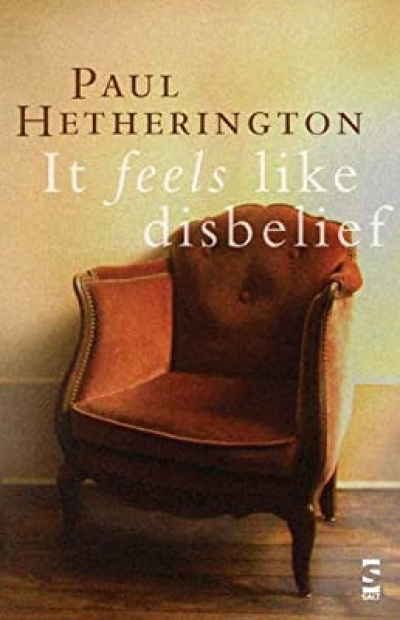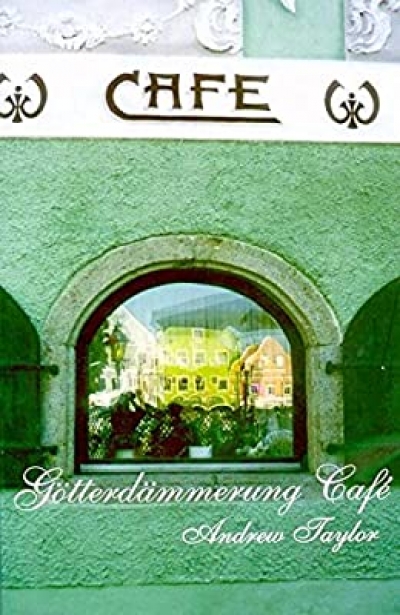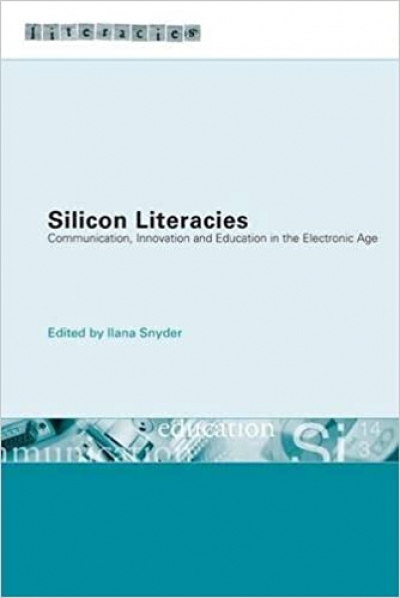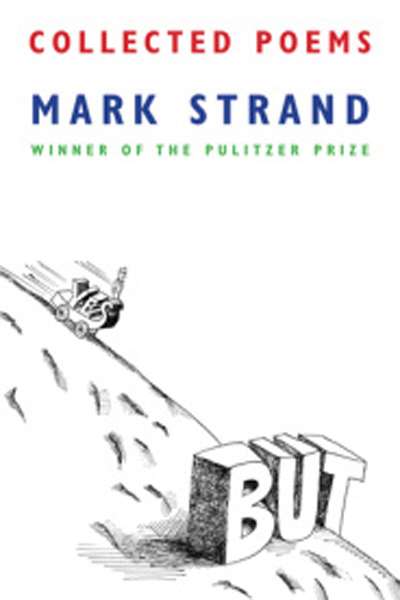Paul Kane

Paul Kane is poetry editor of Antipodes and artistic director of the Mildura Writers’ Festival. His most recent book is A Passing Bell: Ghazals for Tina (George Braziller 2019). He divides his time between New York and rural Victoria.
I Scheme: The Good, the Bad, and the Bland
Rhetoric has a bad name. And for good reason. Not only does it suggest insincerity and verbal manipulation, it also has a strong odour of scholasticism about it. It is with some trepidation, therefore, that I turn to ancient rhetoric to urge upon you two terms I find useful in thinking about contemporary Australian poetry. I will make it as palatable as ... (read more)
‘They make a desert and call it peace.’Calgacus, on the Romans, AD 83
How will they remember us, the dead?As a cause – a just cause – or simply an end?
And when we, like traces of shootingstars, have visited our stripes upon the world
and in our turn are gone, how will webe remembered by those who follow, those who
will have overcome us? The victorswho write also read the history o ... (read more)
This is Paul Hetherington’s eighth book of poetry, his first full collection since his selected poems, Stepping Away (2001) and his verse novel, Blood and Old Belief (2003). The publication of a selected poems can sometimes have what the poet Richard Howard refers to as a ‘tombstone effect’, bringing creative work to a pause or halt, but Hetherington’s new book is very much a carrying forw ... (read more)
Wallace Stevens once remarked: ‘One of the essential conditions to the writing of poetry is impetus.’ It’s a statement worth keeping in mind when confronting a new book of poems, because thinking about impetus helps us locate the concerns of the poet and the orientation of the book. Since poems are not objects so much as events, what drives a poem helps govern how it arrives at its destinati ... (read more)
Although the World Wide Web was begun in 1990, it didn’t really get going in a big way until 1994, with the First International World Wide Web conference held at CERN in Switzerland. That was less than a decade ago. And that should give us pause. Think how important the Web has become in those few years. Consider, too, what sort of computer you were using in 1994 and compare it to what you deplo ... (read more)
Coming upon the fertile fields of Mildura after miles of dry Mallee shrub you have the sense of entering an oasis. For a writer, arriving at the Mildura Festival elicits a similar response: here, at last, is a place to be refreshed and fed, metaphorically and literally. It is a friendly and delicious affair, where writers are fêted because their work is valued and where enjoyment seems raised to ... (read more)
The languid water of a fountainrises to a steady height, collapsesupon itself, splashing
a stone bowl on a pedestal.The elliptical pool ripplesin the afternoon’s light air.
This is where people gatherto be alone or with others,where children lend their
exuberance – festive – tothe otherwise tranquil scene.We are in the midst of a plague,
but you wouldn’t know it, just aswe don’t know ... (read more)
You might expect a book of eighty-eight new poems by Les Murray to be sizeable (most of his recent single volumes run to about sixty poems each). But Poems the Size of Photographs (Duffy & Snellgrove, $22 pb, 106 pp, 1876631236) is literally a small book, composed of short poems (‘though some are longer’, says the back cover). A few are only two lines, and most would fit on a pos ... (read more)
It is tempting to say that when Mark Strand died last November American poetry lost one of its most distinctive voices. But it isn’t quite true. First, Strand had already retired from poetry several years earlier (before Philip Roth and Alice Munro caused a stir by doing so from fiction). Strand returned to his first career as an artist (a very talented one, according to his teachers at Yale’s ... (read more)




